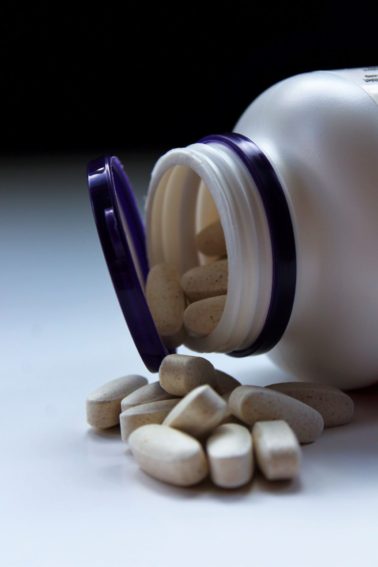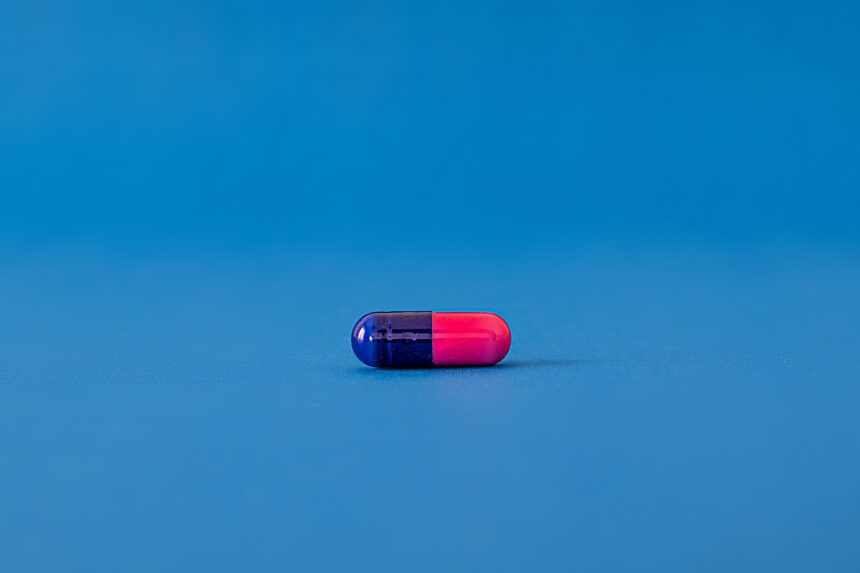Category: Medication
-

Tips for Taking Your Medications and Why it’s Important to Adhere to Your Medication Regimen
When patients don’t take their medications as directed, they miss out on the benefits of these medications and put themselves at risk of their condition worsening. Taking medications as directed by your physician, also called patient adherence, is important for controlling the symptoms of chronic conditions and maintaining long-term health. There are many reasons why…
-

Why Do I Have to Inject My Medication? And Why Medications Come in Different Forms Like Tablets, Liquids, Ointments, and Injectables
Prescription medications come in all different forms: pills, syrups, nasal sprays, creams, inhalants, injections, and more. Prescription Injectable medications are liquid drugs that are injected into the body using a needle and a syringe. These types of mediations can provoke feelings of intimidation and nervousness in patients who may wonder, “Why can’t I take my…
-

How to Spot Signs of a Medication Allergy: Learn the Difference Between a Side Effect and a Drug Allergy
A medication allergy occurs when the body’s immune system reacts to a drug as if it were harmful. The immune system protects the body from foreign harmful substances, like infectious bacteria and viruses. Sometimes, the body recognizes a substance as harmful when it is harmless–this is referred to as an allergy. Adverse drug reactions, also…
-

Things to Ask Your Pharmacist About Your Prescription
In 2019, approximately 3.8 billion prescriptions were filled at retail pharmacies across the US. But your pharmacist does more than just fill your prescription. Your pharmacist ensures your total safety when filling your prescription and they can answer any question you have about your medication. It’s a great idea for patients to build a good…
-

Can You Get a Prescription Filled in Another State? (Yes!)
What to do if You’re Out-of-State and Need a Prescription Refill. People who travel in between states for work, or anyone vacationing outside of their home state, may find themselves in a position where they need to fill a prescription out-of-state. Since it’s important to take medications as instructed and to keep up with refills,…
-

Behind the Scenes: What Happens Once You Give a Pharmacist Your Prescription?
When you go to the pharmacy, it can appear as if everything is already pre-packaged and ready to be dispensed immediately. But, when your pharmacist receives your prescription, you have to wait to pick it up. What happens behind the counter? And why do you have to wait to get your prescription? Below we outline…
-

Summer Tips for Managing Medications
Proper medication management is important all year-long, but it’s especially important in the summer when temperatures rise and the sun is shining bright. What are some smart ways to manage medications during the summer months? Know if Your Medication May Cause Dehydration Diuretic medications increase the loss of fluids by causing frequent urination and therefore…
-

How Working With Your Pharmacist Can Help You Adhere to Your Treatment Plan and Improve Your Health
Treatment Non-adherence at a Glance50% of patients in developed countries don’t take their medications as prescribed. 20% to 30% of new prescriptions are never filled. Poor adherence causes 30% to 50% of treatment failures and 125,000 deaths per year in the US among patients diagnosed with a chronic disease. Patients diagnosed with chronic illness, like diabetes…
-

How Fertility Drugs Work: What Types of Fertility Drugs are Available and How They Increase the Chance of Pregnancy
Infertility is a reproductive condition that affects approximately 10 to 15 percent of couples in the US. It occurs when an irregularity in the body’s reproductive system prevents the conception of a child. Infertility affects both men and women, so it’s possible for both partners to have a fertility issue that needs to be diagnosed…
-

Prescription Medications and Nutrient Depletion: What’s the Connection?
Nutrients are vital substances the body obtains from foods and liquids for growth, development, and sustaining bodily functions. Sometimes, medications can interfere with the body’s nutrient balance and cause levels of certain nutrients to become too low. Taking medications short-term does not result in nutrient depletion. However, long-term maintenance medication regimens used to treat chronic…


